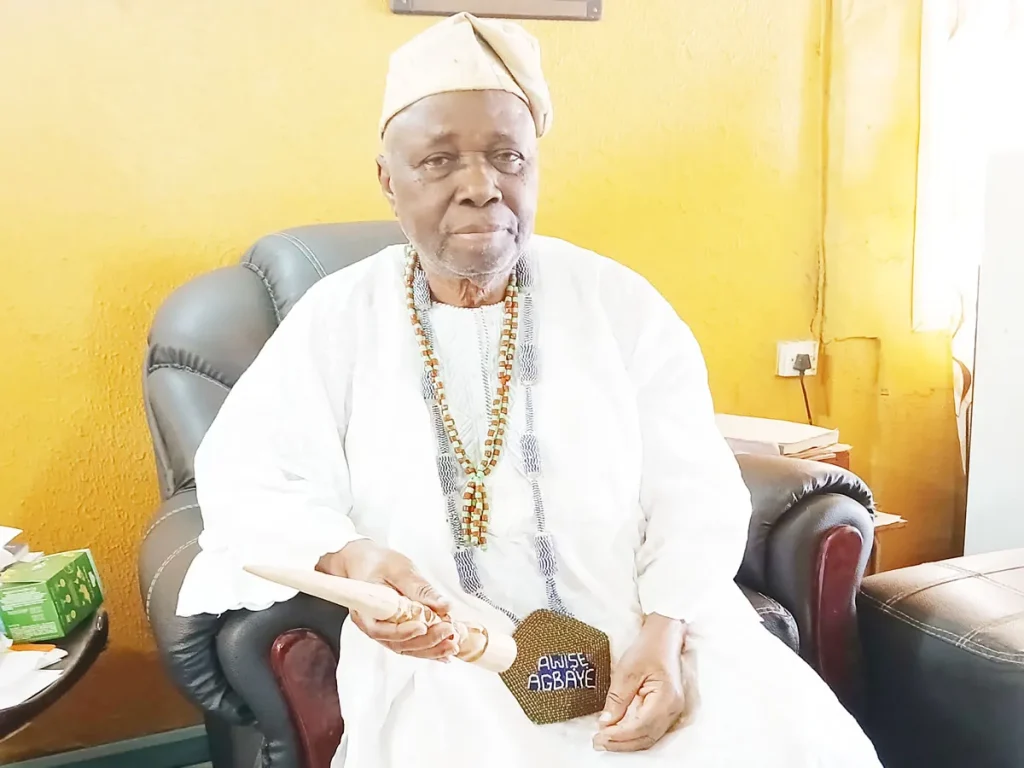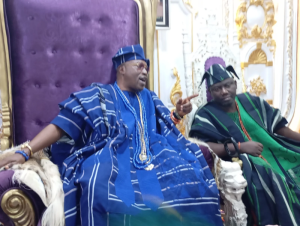
As the coronation of the new Alaafin of Oyo, Oba Abimbola Akeem Owoade, draws near, revered Yoruba scholar and spiritual leader, Professor Wande Abimbola, has revealed significant spiritual signs that suggest a prosperous reign for the monarch.
In an exclusive interview with Tribune, Professor Abimbola — the Awise Awo Agbaye (Spokesman of Ifa worldwide) and former Senate Leader — disclosed that during the Ipebi rites, Oba Owoade repeatedly chose igba oyin (a calabash filled with honey) on three different occasions from among several identical calabashes with varying contents.
According to him, “Each time he was asked to pick, he chose the honey-filled calabash. This signifies that his reign will be sweet and full of blessings.” He further noted that kola nuts were cast seven times at the House of Ogun, and all seven readings returned with positive outcomes.
Thirteen sacred rites have been completed in the lead-up to the coronation, and Abimbola described the process as “smooth and satisfactory.”
Responding to suggestions that Ifa never historically played a role in selecting the Alaafin, Abimbola dismissed such views, asserting that in traditional Yorubaland, it was Ifa that determined who should ascend the throne. “None of those making such arguments were here before me,” he said, emphasizing that until the 1940s, Yoruba cultural practices remained intact.
Abimbola encouraged all Oyo indigenes, especially the chiefs yet to pay homage, to rally around the new monarch. He praised the selection process as transparent and devoid of corruption, stating: “Ifa has chosen him. The people of Oyo are behind him.”
To the Alaafin, he offered prayers and counsel: “Entertain no fear. Rule with fairness. Be a father to all. Your reign will be peaceful.”
He also urged Yoruba Christians and Muslims not to abandon their cultural roots. “We do not abandon a misbehaving child to the tiger for destruction,” he said, advocating unity and cultural preservation.
The coronation of Oba Abimbola Akeem Owoade, Elewu Etu I, is expected to draw dignitaries and traditional rulers from across the Yoruba nation and beyond.







